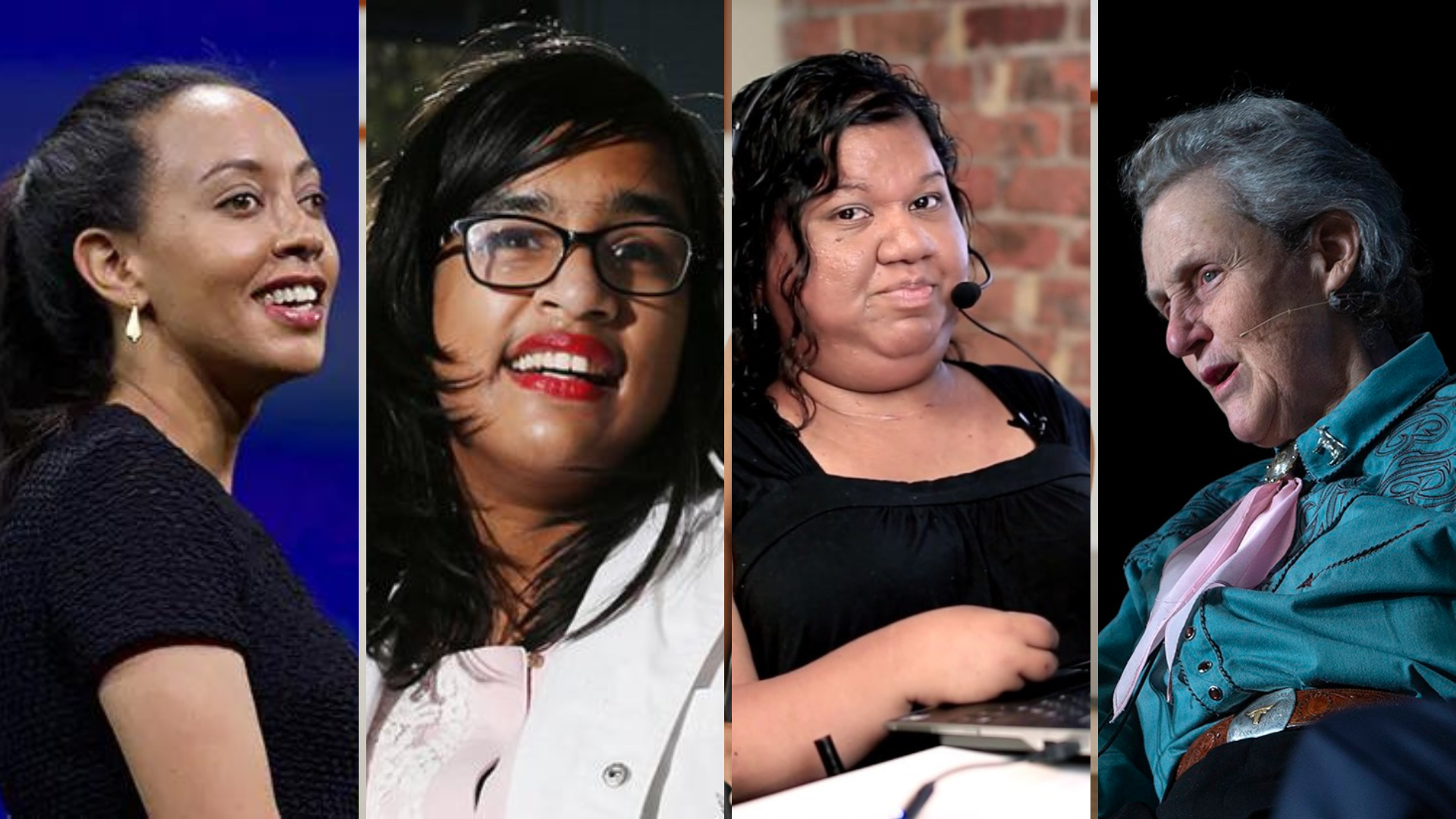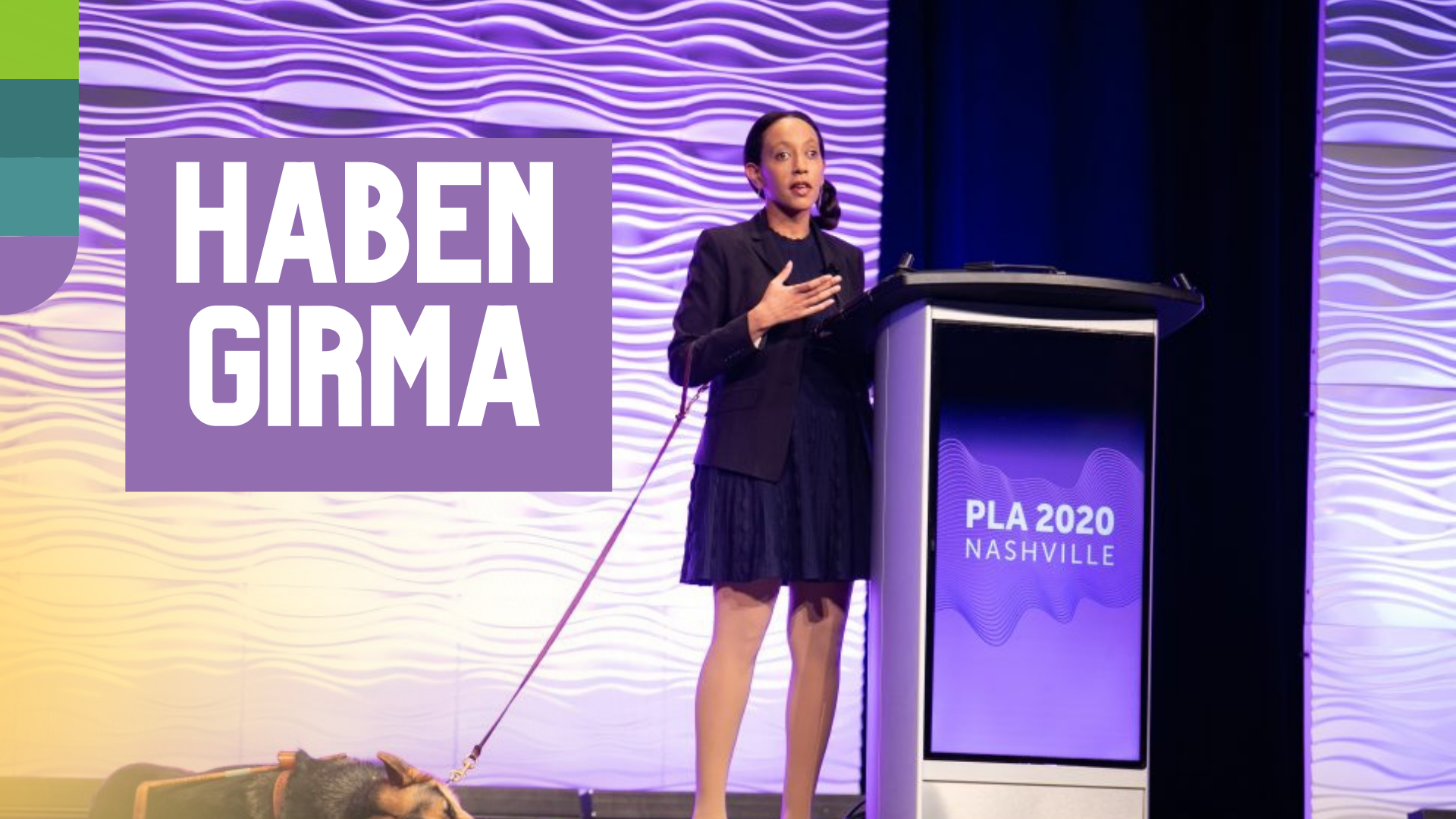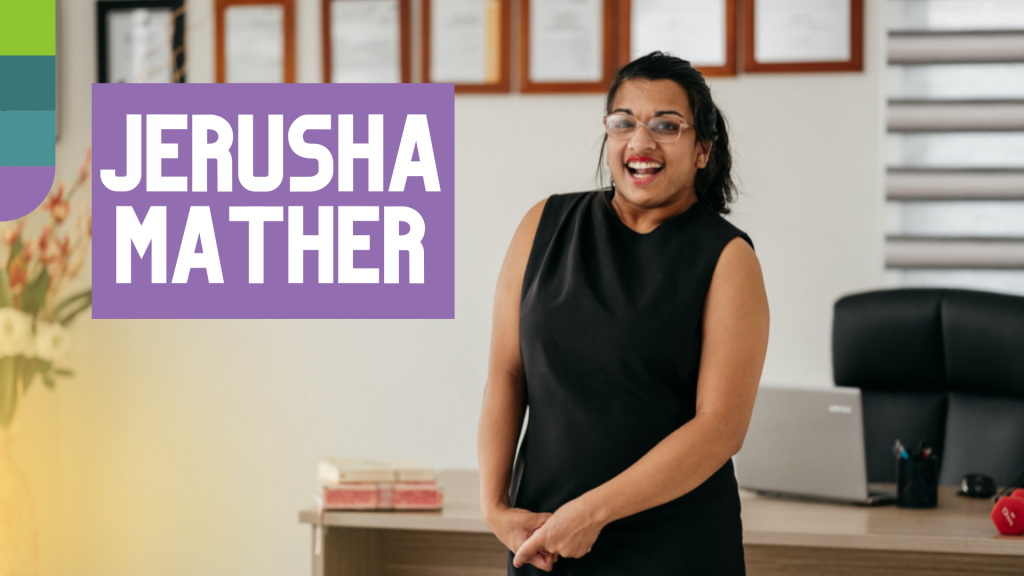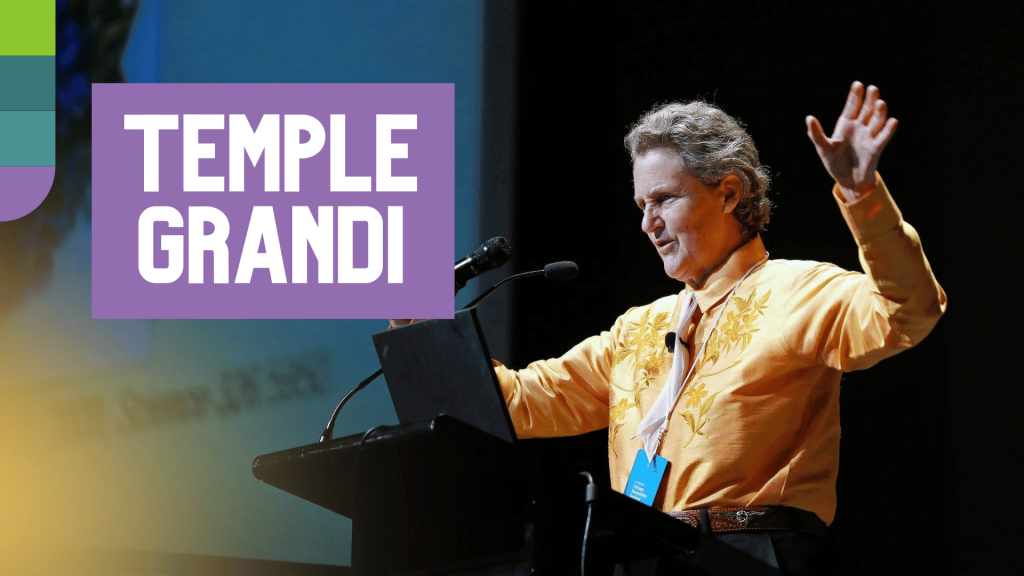- Home
- About Us
- Referrals
- AFL with Maple
- Careers
- News
- Disability Support
- Albinism Care & Support
- Anxiety Care & Support
- Arthritis Care
- Autism Care
- Bipolar Care & Support
- Brain Injury Rehabilitation & Care Support
- Cerebral Palsy Care & Support
- Depression Care & Support
- Down Syndrome Care & Support
- Genetic Condition Care & Support
- Huntingtons Disease Care
- Inhome Care Services Sydney
- Mental Illness NDIS
- Motor Neurone Disease Care
- Multiple Sclerosis Care
- Muscular Dystrophy Care
- Palliative Care Services Sydney
- Parkinson’s Disease Care
- PTSD Care & Support
- Rheumatoid Arthritis Care & Support
- Stroke Rehabilitation & Care Support
- Core Supports
- Supported Independent Living
- NDIS Plan Management
- Support Coordination
- Contact Us
- Disability Support
- Albinism Care & Support
- Arthritis Care
- Autism Care
- Anxiety Care & Support
- Brain Injury Rehabilitation & Care Support
- Bipolar Care & Support
- Cerebral Palsy Care & Support
- Depression Care & Support
- Down Syndrome Care & Support
- Genetic Condition Care & Support
- Huntingtons Disease Care
- Inhome Care Services Sydney
- Mental Illness NDIS
- Motor Neurone Disease Care
- Multiple Sclerosis Care
- Muscular Dystrophy Care
- Palliative Care Services Sydney
- Parkinson’s Disease Care
- Physical Impairment Services
- PTSD Care & Support
- Rheumatoid Arthritis Care & Support
- Stroke Rehabilitation & Care Support
- Visual Impairment Services
- Core Supports
- Supported Independent Living
- NDIS Plan Management
- Support Coordination
- Home
- About Us
- Referrals
- AFL with Maple
- Careers
- News
- Disability Support
- Albinism Care & Support
- Anxiety Care & Support
- Arthritis Care
- Autism Care
- Bipolar Care & Support
- Brain Injury Rehabilitation & Care Support
- Cerebral Palsy Care & Support
- Depression Care & Support
- Down Syndrome Care & Support
- Genetic Condition Care & Support
- Huntingtons Disease Care
- Inhome Care Services Sydney
- Mental Illness NDIS
- Motor Neurone Disease Care
- Multiple Sclerosis Care
- Muscular Dystrophy Care
- Palliative Care Services Sydney
- Parkinson’s Disease Care
- PTSD Care & Support
- Rheumatoid Arthritis Care & Support
- Stroke Rehabilitation & Care Support
- Core Supports
- Supported Independent Living
- NDIS Plan Management
- Support Coordination
- Contact Us






